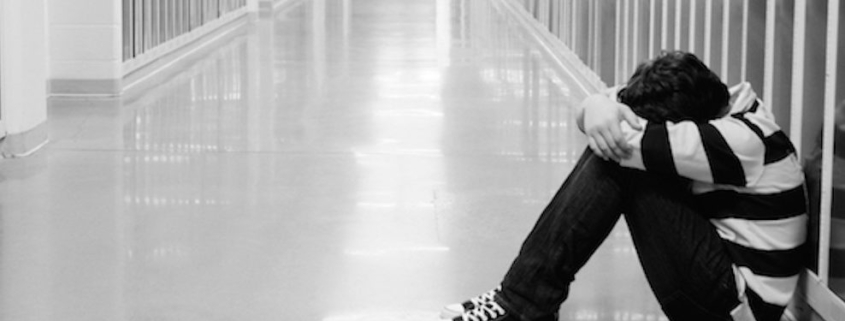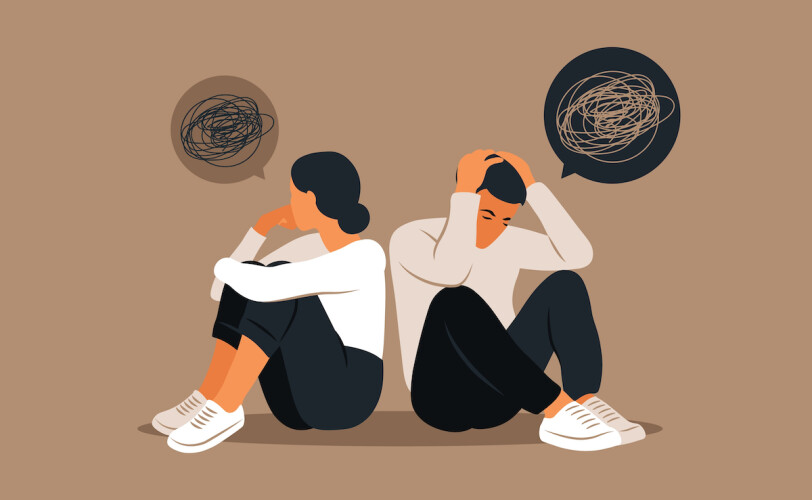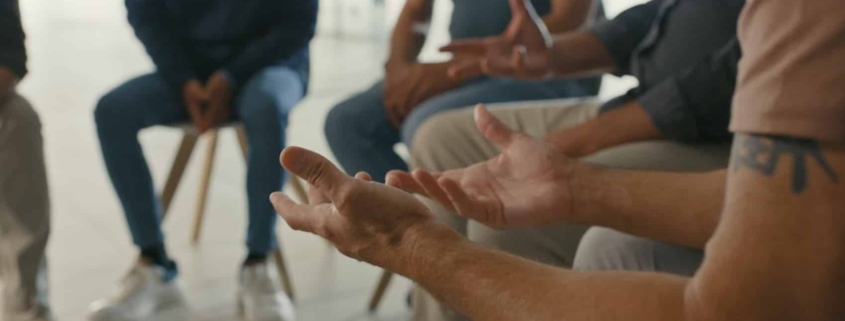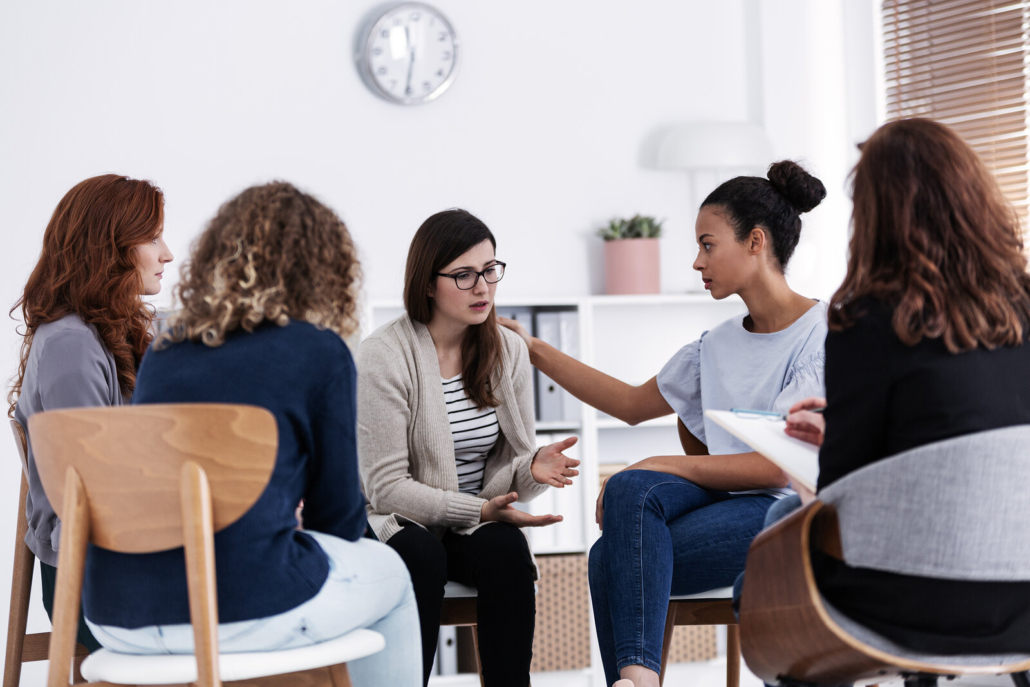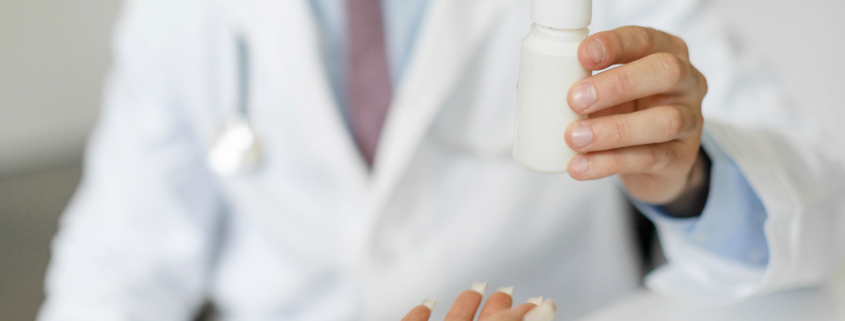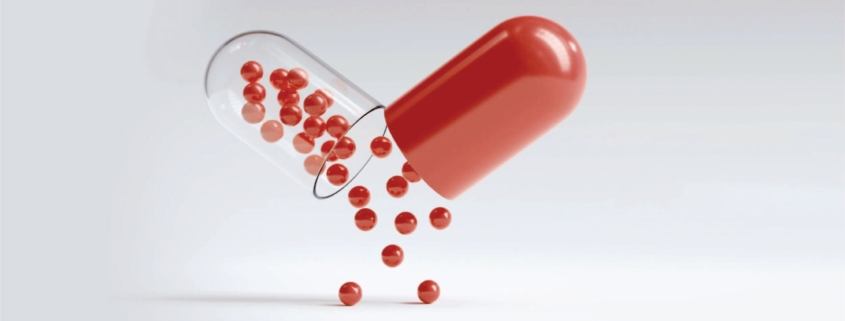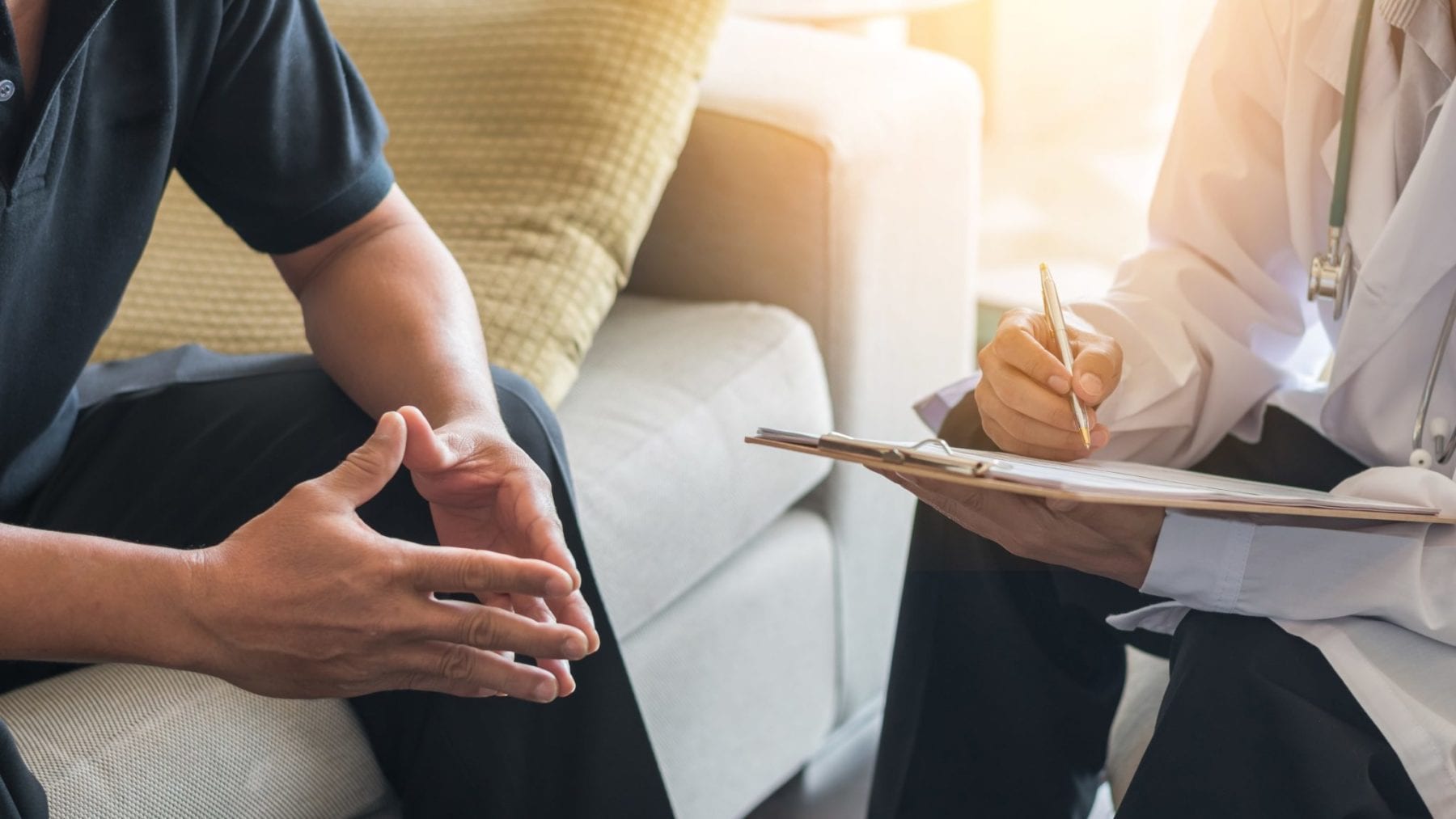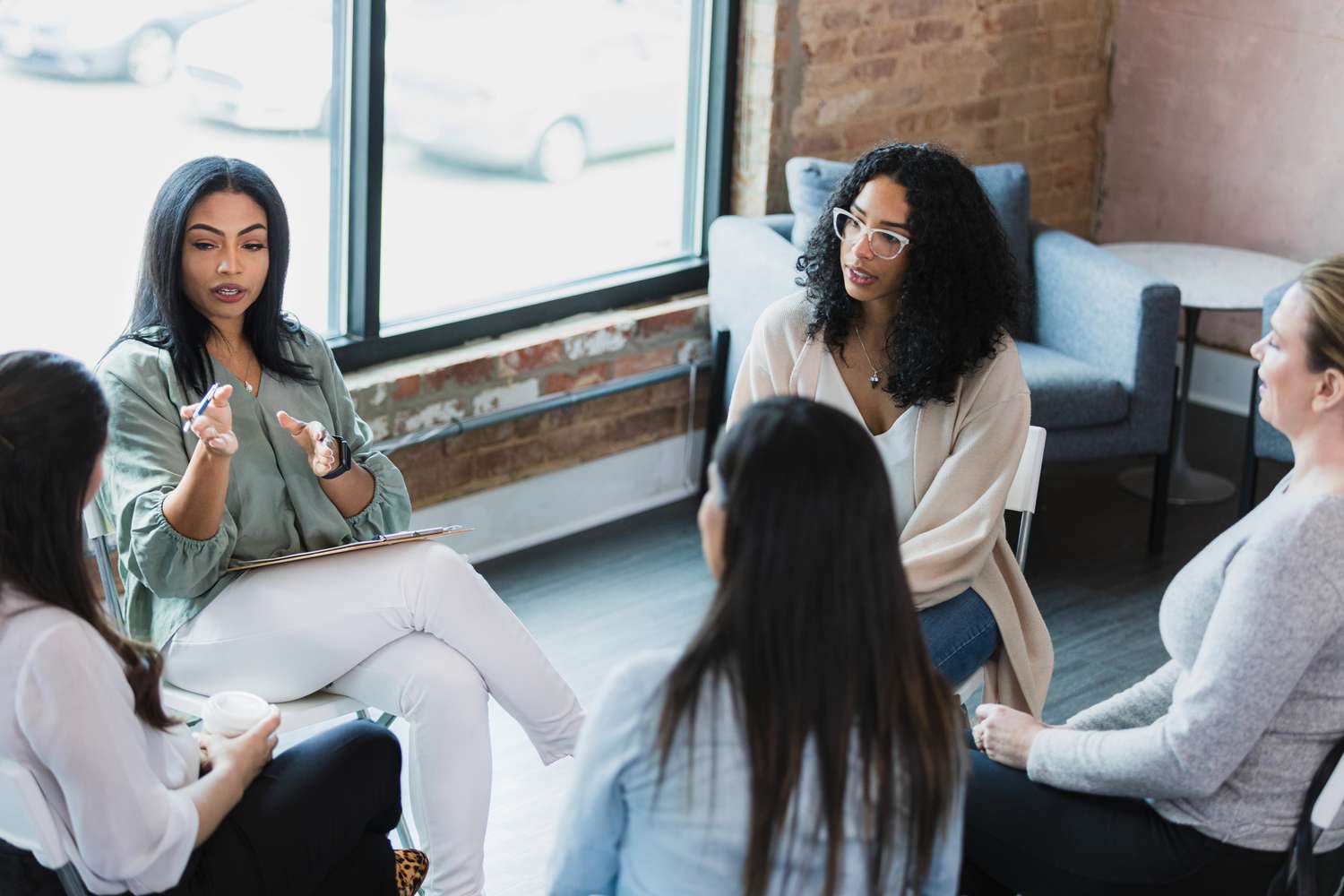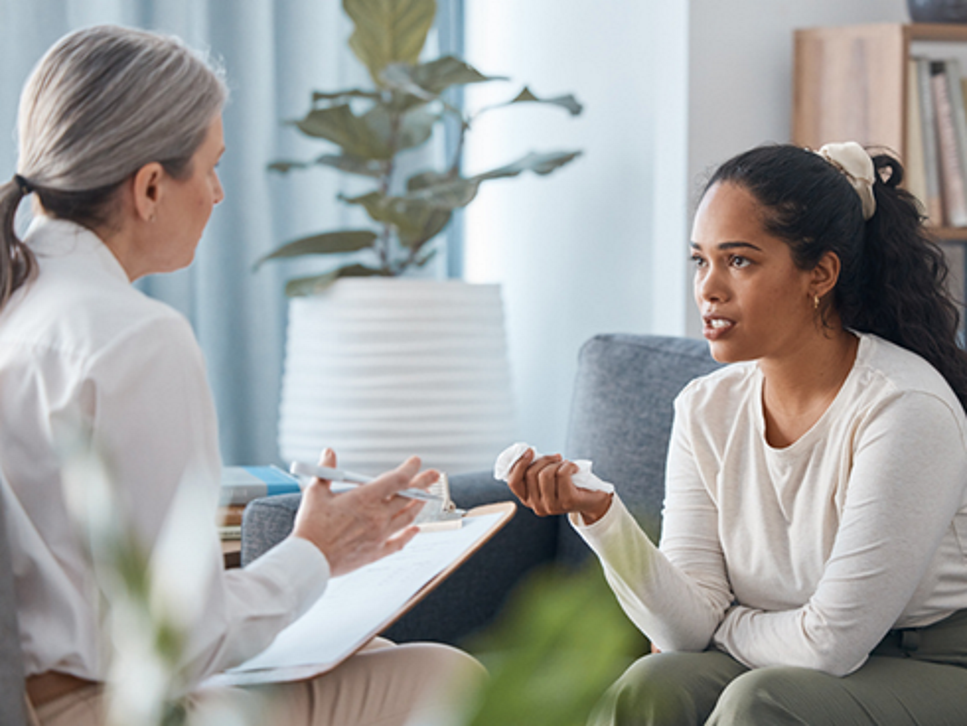Substance abuse is a growing concern in communities across the United States, and Ohio is no exception. The state has seen an increase in the number of young individuals engaging in drug and alcohol abuse, which has led to a greater focus on prevention programs, especially in schools. These programs are designed to educate students about the risks of substance abuse and help prevent addiction before it starts.
Couples Rehab in Ohio recognizes the importance of these preventive measures and supports initiatives that focus on reducing substance abuse among students. This article will highlight successful school-based substance abuse prevention programs in Ohio, explain their importance, and explore how they contribute to long-term community well-being.
Introduction to School-Based Substance Abuse Prevention Programs
Schools play a crucial role in shaping the lives of children and teenagers. Beyond academic learning, schools are environments where students develop social skills, values, and habits that will follow them into adulthood. This is why school-based substance abuse prevention programs are so critical—they reach young individuals at a formative stage in their lives, educating them about the dangers of drug and alcohol abuse.
In Ohio, the state’s proactive stance on combating substance abuse has led to the implementation of several successful programs aimed at prevention. These initiatives not only educate students but also engage parents, teachers, and community members in the battle against substance abuse.
Why Substance Abuse Prevention is Important for Ohio Schools
Substance abuse prevention is vital in schools for several reasons. First, students are particularly vulnerable to peer pressure, stress, and other factors that may lead to experimentation with drugs or alcohol. Early intervention can prevent long-term issues, such as addiction, health complications, and even involvement with the criminal justice system.
Programs aimed at prevention also help create a supportive environment where students feel safe discussing substance-related concerns. They equip young individuals with coping mechanisms, healthy decision-making skills, and the confidence to resist negative influences. By addressing these issues in schools, Ohio is taking a proactive approach to safeguard its youth from the devastating effects of substance abuse.
Overview of Ohio’s School-Based Substance Abuse Prevention Programs
Ohio has several standout programs that target substance abuse prevention in schools. These programs are carefully structured to educate students, engage families, and involve the community in creating a holistic prevention strategy.
1. Start Talking!
One of Ohio’s flagship substance abuse prevention programs is Start Talking!, a statewide initiative designed to help parents, teachers, and other trusted adults communicate with students about the dangers of drug and alcohol abuse. This program equips adults with resources and conversation starters to help foster meaningful discussions with youth.
By emphasizing communication, Start Talking! encourages openness, which can prevent many instances of substance abuse. The program has been successful in Ohio schools, with many districts adopting it as a part of their health and wellness curriculum. Research has shown that students who have regular conversations with trusted adults are up to 50% less likely to use drugs than their peers.
2. Youth-Led Prevention (YLP) Initiatives
Youth-Led Prevention (YLP) is an approach that places students in leadership roles to develop and implement substance abuse prevention activities. In Ohio, several schools have implemented YLP programs that allow students to take ownership of their school’s substance abuse prevention efforts. This method is particularly effective because it empowers students to create peer-led campaigns that resonate with their classmates.
Examples of YLP initiatives in Ohio include peer mentoring, educational campaigns, and community outreach events. The state’s Department of Mental Health and Addiction Services (OhioMHAS) provides resources to schools and student leaders to help them effectively run these programs. YLP has been shown to increase student engagement and reduce instances of substance abuse among participants.
3. Too Good for Drugs (TGFD)
Another successful substance abuse prevention program in Ohio schools is Too Good for Drugs (TGFD). This program is designed for students from kindergarten through high school and focuses on building life skills, fostering positive relationships, and promoting healthy decision-making.
Too Good for Drugs is evidence-based and tailored to each developmental stage, ensuring that students receive age-appropriate education on the dangers of drugs and alcohol. Ohio schools that have implemented TGFD have reported positive outcomes, including increased student awareness of the risks associated with substance abuse and a reduction in drug-related incidents.
4. PAX Good Behavior Game
The PAX Good Behavior Game is another innovative program that addresses both substance abuse prevention and general behavioral health. Initially designed as a classroom management tool, the program teaches students self-regulation skills and encourages positive behavior through structured games and activities.
Ohio schools have embraced this program because of its dual benefits—it promotes a healthy school environment while also preventing behaviors that may lead to substance abuse. Research has shown that students who participate in the PAX Good Behavior Game are less likely to engage in substance abuse during their teenage years.
Community Involvement and Support in Substance Abuse Prevention
While school-based programs are crucial, community support is essential for their success. In Ohio, schools often collaborate with local organizations, law enforcement, and healthcare providers to create a comprehensive approach to substance abuse prevention.
1. Collaboration with Healthcare Providers
Many Ohio schools partner with local healthcare providers to offer educational sessions and screenings for students. These collaborations help identify at-risk individuals early and provide necessary support before substance abuse becomes a serious issue. Healthcare providers can also offer resources for students and their families, including counseling and treatment options.
2. Parental Involvement
Programs like Start Talking! emphasize the importance of parental involvement in preventing substance abuse. Ohio schools encourage parents to engage in open conversations with their children and participate in school-led prevention activities. Workshops and informational sessions are often offered to parents to help them recognize the signs of substance abuse and learn how to address the issue if it arises.
3. Community-Based Prevention Coalitions
Several communities in Ohio have formed coalitions to support school-based substance abuse prevention efforts. These coalitions bring together educators, parents, law enforcement, healthcare providers, and local government officials to develop and implement comprehensive prevention strategies.
For example, coalitions may organize events such as drug take-back days, educational seminars, and community fairs focused on substance abuse prevention. By engaging the entire community, these coalitions help ensure that prevention efforts extend beyond the school walls.
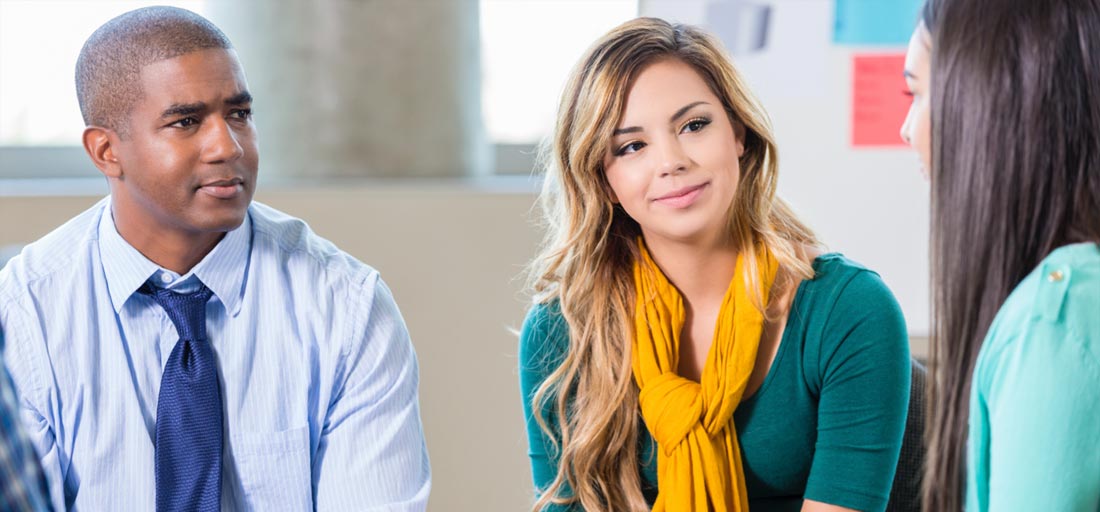
The Role of Couples Rehab in Supporting Substance Abuse Prevention in Ohio
At Couples Rehab in Ohio, we believe in the power of prevention as a cornerstone for long-term recovery and well-being. Although our primary focus is on providing top-quality rehabilitation services for couples, we fully support the state’s school-based prevention efforts. These programs serve as the first line of defense in combating substance abuse, helping young individuals avoid the path of addiction altogether.
Couples Rehab in Ohio offers support to families who may be dealing with substance abuse issues, providing counseling and treatment options for both individuals and couples. Our comprehensive services include family therapy, education, and guidance for parents who may be concerned about their children’s exposure to drugs and alcohol. By working together with school-based initiatives, we aim to reduce the number of families affected by substance abuse in Ohio.
Measuring the Success of Substance Abuse Prevention Programs in Ohio
The success of Ohio’s school-based substance abuse prevention programs can be measured through several key indicators, including:
- Reduction in Substance Abuse Rates Among Students: Schools that implement programs like Start Talking! and Too Good for Drugs have seen a measurable decline in the number of students engaging in drug and alcohol use.
- Increased Student Engagement: Programs like Youth-Led Prevention (YLP) empower students to take an active role in substance abuse prevention, fostering leadership skills and promoting a sense of responsibility among peers.
- Improved Communication Between Parents and Students: Initiatives like Start Talking! help foster open dialogue between students and their parents, reducing the likelihood of substance abuse through supportive relationships.
- Greater Community Awareness: Community-based coalitions and school partnerships have contributed to a broader awareness of the dangers of substance abuse and the importance of early intervention.
Conclusion: A Unified Approach to Substance Abuse Prevention in Ohio
Substance abuse prevention in Ohio schools is more than just a series of educational programs—it’s a collaborative effort that involves students, parents, educators, healthcare providers, and the community at large. By working together, Ohio has created an environment where students are educated about the dangers of substance abuse and given the tools they need to make healthy decisions.
Couples Rehab in Ohio is proud to support these initiatives and is committed to helping families overcome the challenges of substance abuse. Whether through prevention or recovery, we believe that every individual deserves the opportunity to live a life free from the chains of addiction.
If you or a loved one is struggling with substance abuse, contact Couples Rehab in Ohio, we are here to help. Our comprehensive treatment programs are designed to meet the unique needs of each individual, offering the support and guidance needed for a successful recovery.

